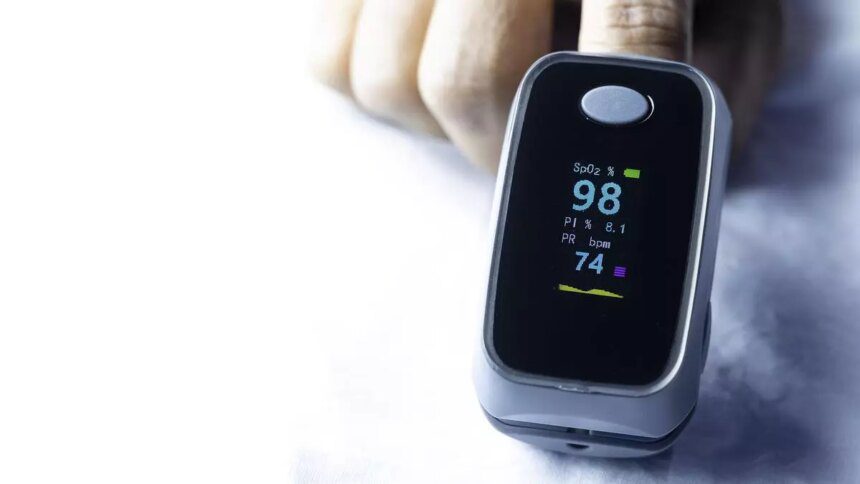Pulse oximeters are essential devices used in healthcare settings to estimate the amount of oxygen carried in the blood. However, recent studies have shown that there can be variations in the accuracy of pulse oximeter readings for individuals with different skin pigmentation. This issue has raised concerns about the reliability of these devices, especially for patients with darker skin tones.
To address this issue, the US Food and Drug Administration (FDA) has published new draft guidance aimed at improving the accuracy and performance of pulse oximeters across the range of skin pigmentation. The FDA’s recommendations include gathering clinical data to evaluate device performance accuracy across different skin tones, increasing the number of participants in clinical studies, and updating labeling to reflect performance across various skin pigmentation.
The FDA’s efforts to address the accuracy of pulse oximeters for all skin tones are crucial for ensuring that patients receive accurate and reliable readings regardless of their skin color. By working with manufacturers to improve the design and validation of these devices, the FDA aims to provide better healthcare outcomes for all patients.
It is important for healthcare providers and patients to be aware of these developments in pulse oximetry technology and to ensure that they are using devices that have been validated for accuracy across different skin pigmentation. By following the FDA’s guidance and recommendations, manufacturers can help ensure that pulse oximeters meet the needs of all patients, regardless of their skin tone.








